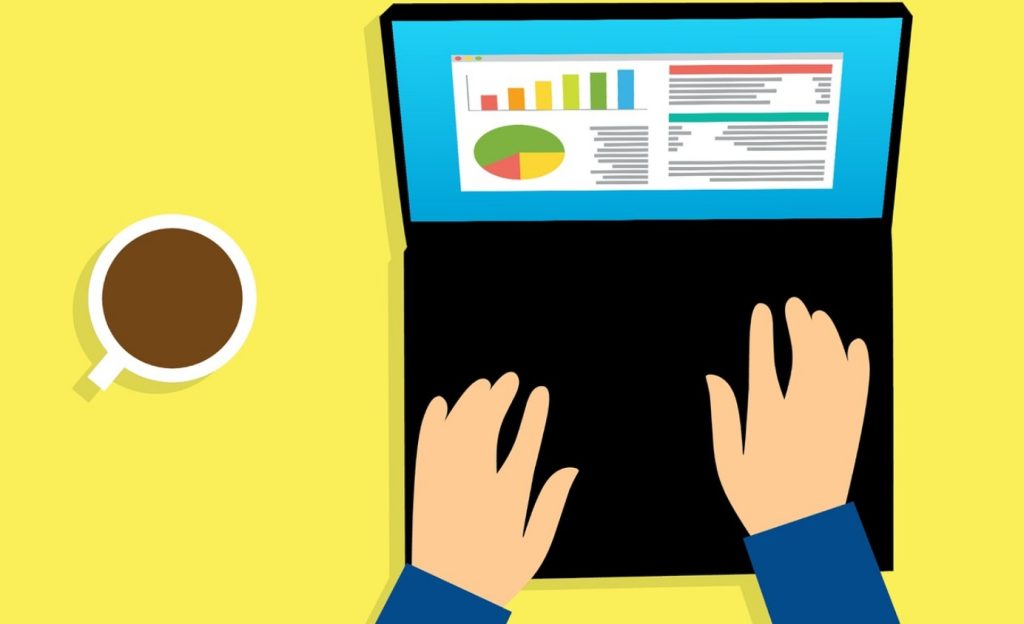Nowadays, most businesses are forced to collect loads of information daily. Experts claim that’s because of the intensive development of online technologies. So, today’s companies process data coming from their e-commerce platforms, ERP systems, supply chains, and many other external as well as internal sources. To benefit from large amounts of data handling, enterprises worldwide employ specific software. And analysts highlight SAP Business Intelligence as one of the most popular solutions. This is because of the numerous advantages of such software.
If entrepreneurs need a reliable SAP implementation partner, they should choose LeverX. Specialists from this IT company have more than 20 years of experience working with the solutions mentioned. You may go here to read more about SAP implementation assistances delivered by LeverX.Com. The quality of its services is confirmed by SAP Gold Partner and Global Strategic Supplier certifications. But now, let’s dive deeper into the key BI peculiarities.
Business Intelligence Definition
BI is a tool that allows you to deeply analyze business information and turn the data into actionable insights. This helps make more accurate decisions. Some specialists call Business Intelligence a DSS (decision support system). Actually, BI processes past as well as current information and shows it in the following easy-to-understand ways:
- Reports together with dashboards
- Charts, diagrams, and graphs
- Specific business maps
Additionally, it’s noteworthy that SAP BI describes the current performance of your enterprise and how effective the firm was in the past. So, that’s not about predictions or explanations of why different corporate processes took place, are going, or will be launched in the future.
Key SAP BI Features
As mentioned above, Business Intelligence is a great tool for creating easy-to-understand reports. The latter includes different visual elements and summaries showing correlations between variables, users’ trends over time, etc. BI creates interactive reports. Thus, you can drill deeper into information if necessary or make different operations with tables. Entrepreneurs may automate the report creation process (generating according to a certain schedule or on the fly).
Business Intelligence Dashboards
These are probably the most popular BI features. The dashboards create constantly updated tables, graphs, charts, and other kinds of info visualization for you to track various business metrics (pre-defined KPIs and so on). Using the specified SAP BI tools, business owners may look through brief overviews of their corporate performance in near-real time.
Business Intelligence Querying
This tool enables you to ask questions related to your company’s performance and receive responses through intuitive interfaces. This process is like searching for the necessary info on the internet by employing Google. Just send a request, and you’ll get an exact answer.
Online Analytical Processing
This feature allows for comprehensive analysis of hefty amounts of data stored in data storage. OLAP actually powers the information discovery possibilities in plenty of Business Intelligence systems.
Data Visualization Features
All graphical info is represented by SAP BI using various patterns and colors. This helps you understand the whole picture of the story hidden behind letters together with numbers. Business Intelligence employs data visualization in dashboards, responses to queries, as well as reports.
Data Preparation and Warehouse
BI compiles several information sources with further transformation, cleaning, as well as categorization of the info. So, the data is prepared for analysis this way. Many of the mentioned processes are automated. Next, the information is loaded into a warehouse for BI, and other tools can access it.
Use Cases of Business Intelligence
Entrepreneurs employ SAP BI in many business areas, for example:
- Marketing – the mentioned system helps track current promotions and improve future campaigns
- Finance – BI can monitor expenses, margins, cash flow, etc., in real time
- HR – you may track hiring metrics to make better recruiting decisions
You can employ all the BI features using both PCs as well as mobile devices (iOS and Android).
Wrapping Up
Using SAP BI, you may essentially simplify the handling of loads of data from numerous sources. That’s because the system transforms, cleans, categorizes, as well as shows the information in easy-to-understand ways. Furthermore, you can employ BI for almost any business.







































